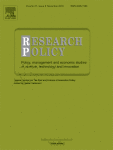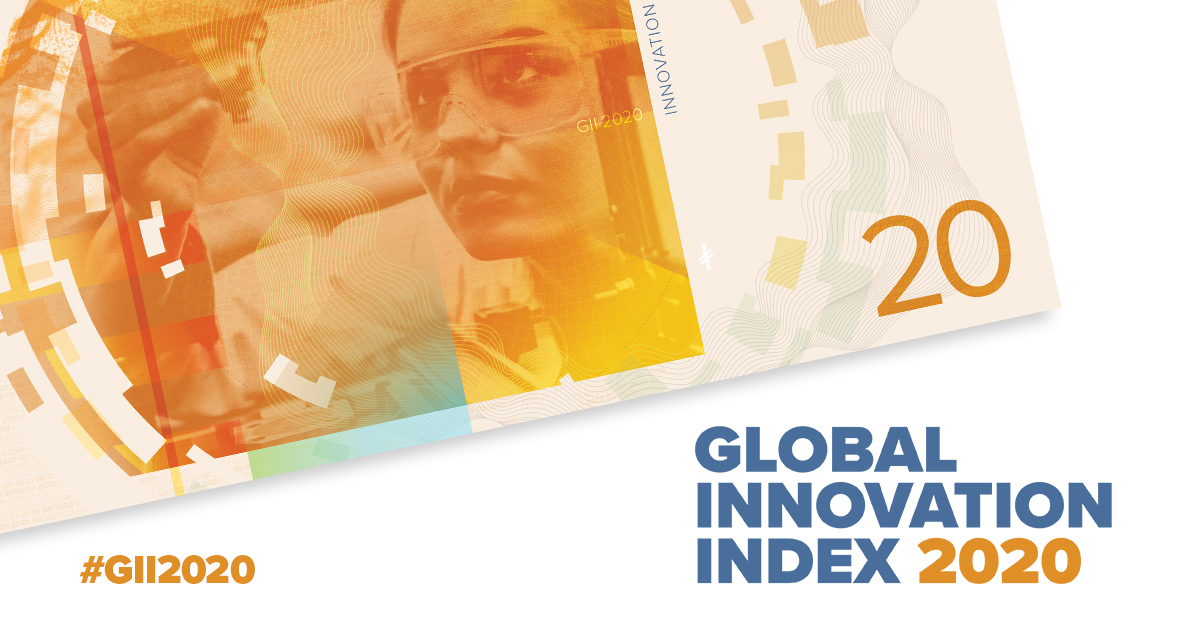Nudge Theory's Popularity May Block Insights into Improving Society
Small interventions that influence people's behavior can be tested. But the real world requires big, hard-to-measure changes too, scientists say.

Send us a link
Small interventions that influence people's behavior can be tested. But the real world requires big, hard-to-measure changes too, scientists say.

EU member states have voted to break the political deadlock that has been holding back the European Innovation Council's (EIC's) 2022 work programme.
Science, technology and innovation (STI) policy is shaped by persistent framings that arise from historical context.

Start-ups and SMEs promised equity funding by the European Innovation Council (EIC) will have to wait "a number of months into 2022" for the financing, as the European Commission struggles with setting up the fund under Horizon Europe.
The research and higher education plans of the new german government include a new national technology transfer agency, better living support for students, and more job security for early career academics.
Researchers have come up with a new method for measuring the impact of an innovation.
Research in science and technology studies (STS) goes beyond the traditional books and academic papers. It also includes the practical application of STS and how researchers are bringing those theories and knowledge to the public.

The European Commission and the European Investment Bank (EIB) are to join the Bill Gates Breakthrough Energy initiative, in a €820 million deal intended to put some impetus behind the scale-up of critical climate technologies developed in the EU and create markets for them.
Study of Swiss agency is among the first to examine how proposals by unorthodox scientists fared.

The EU's forests would benefit from better knowledge translation and closer links between wood production and biodiversity research and innovation.
Prof Katalin Karikó of BioNTech says she endured decades of scepticism over her work on mRNA vaccines.

The drastic shake-up of the country's science system is intended to boost innovation, but there are concerns about political interference in the new centralized agency.

Inventor teams with women represent 16% of filed patents, yet are more likely than male teams to create women's health products.

UKRI welcomes the government's ambitious Innovation Strategy and its commitment to strengthening the UK's position as a world leader for research and innovation.

Modern innovation policies should target in equal measure both economic competitiveness and societal progress. They should be informed by ambitious, overarching principles-based strategies that enable us to formulate specific political goals, or missions. We also need governance structures that allow for the agile, participatory and inclusive implementation of innovation policy measures. Presenting good examples of such strategies and structures, this study examines what these examples have to offer in terms of lessons learned.

The annual European Research and Innovation Days bring together policymakers, researchers, entrepreneurs and citizens to debate and shape the future of research and innovation in Europe and beyond.

It is good that the authors of HEPI’s report ‘Regional Policy and R&D’ note that the UK, by most agreed measures, is significantly unbalanced economically (in terms of income, productivity and economic growth).

A mental health startup built its business on easy-to-use technology. Patients joined in droves. Then came a catastrophic data breach.

New paint reflects 98% of sunlight as well as radiating infrared heat into space, reducing need for air conditioning.

In recent decades new innovations in peer review have been developed to address issues of bias and inefficiency. These innovations are multifarious, but many of them relate to openness of peer review, reviewer incentives, and technological enhancements, such as the use of artificial intelligence.
UKRI chief executive Professor Dame Ottoline Leyser on why we must recognise the vital contribution of everyone in research and innovation and debunk the Einstein myth.
The disruptions caused by COVID-19 have led to an acceleration in the digitization of all major aspects of life - and has brought to light who the laggards are, and who leads the charge.

A series of research papers renews hope that the long-elusive goal of mimicking the way the sun produces energy might be achievable.

Bringing stakeholders together to shape future research and innovation policy. See the programme, check out the speakers and join online 22-24 September.
Elon Musk made big promises at Tesla's highly anticipated event. But a prototype never appeared, and it was unclear what the company had actually achieved.

The COVID-19 pandemic is severely pressuring a long-building rise in worldwide innovation, likely hindering some innovative activities while catalyzing ingenuity elsewhere, notably in the health sector, according to the Global Innovation Index (GII) 2020.

Covid-19 could be a boon for the robotics industry, leaving companies to decide when and where humans are better than machines.

The European Commission released the European Innovation Scoreboard 2020. According to the ranking, Switzerland continues to be the most innovative country of the continent.